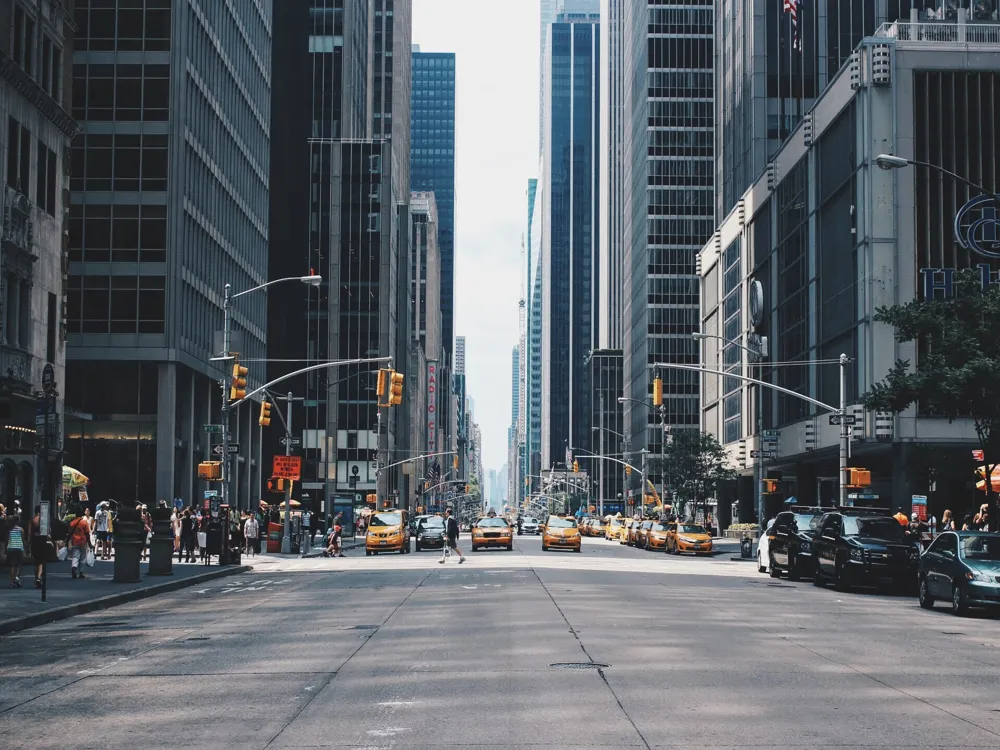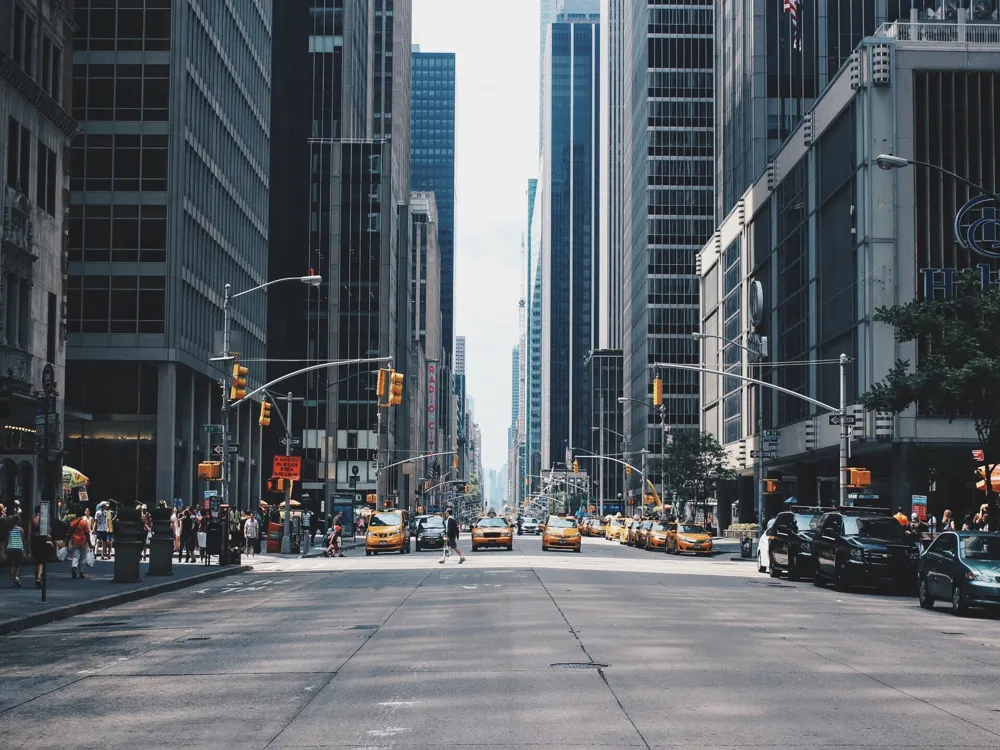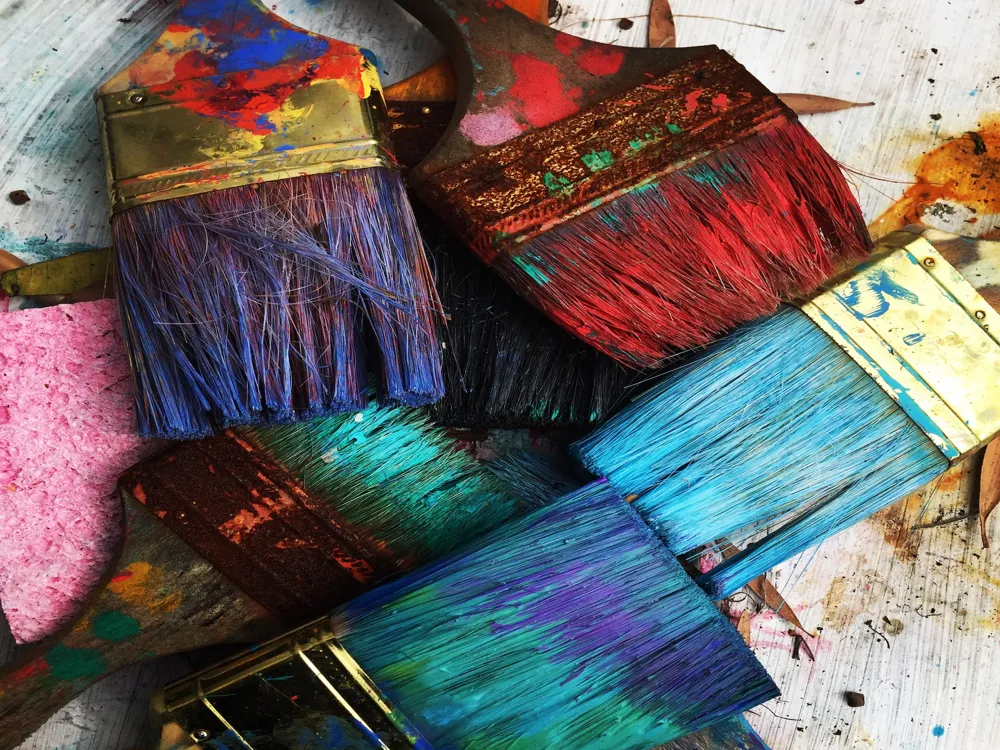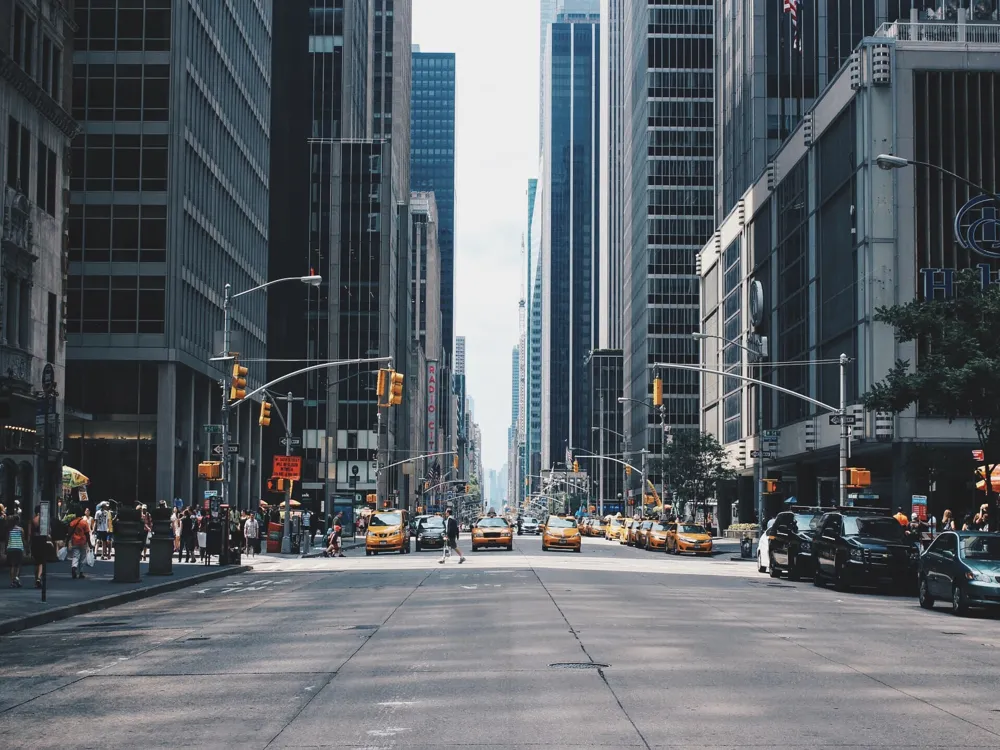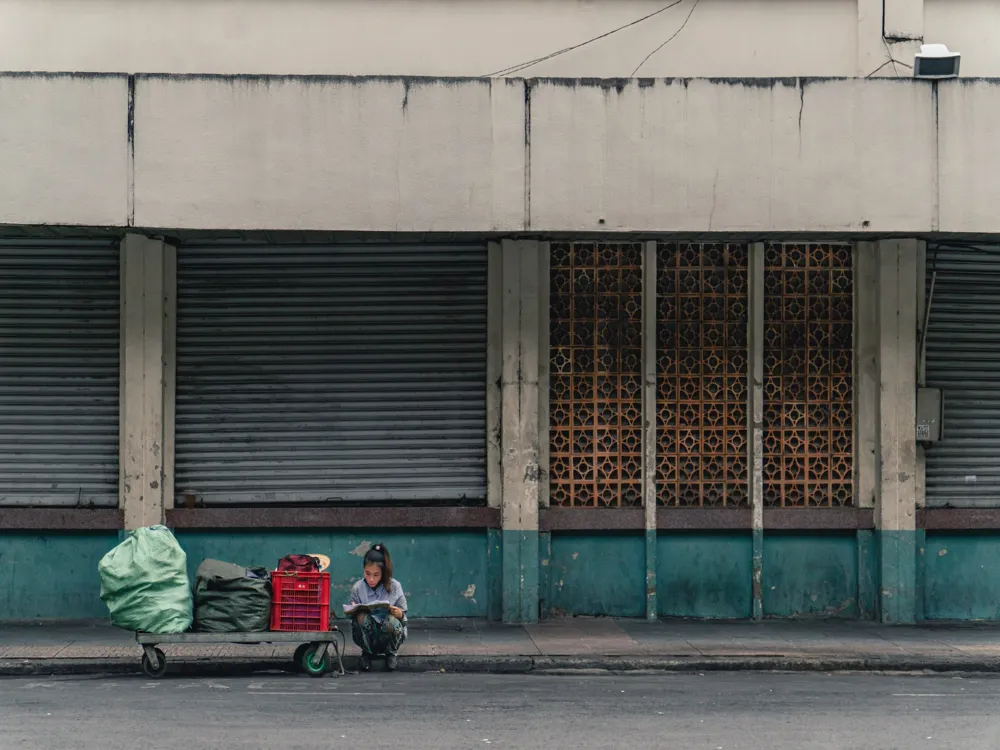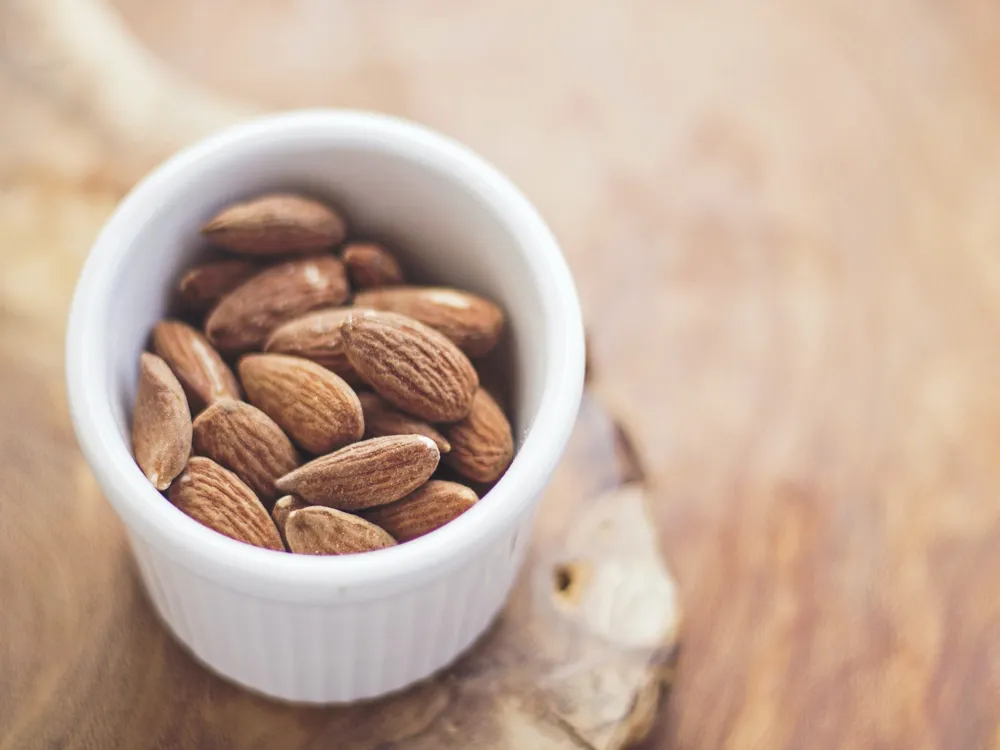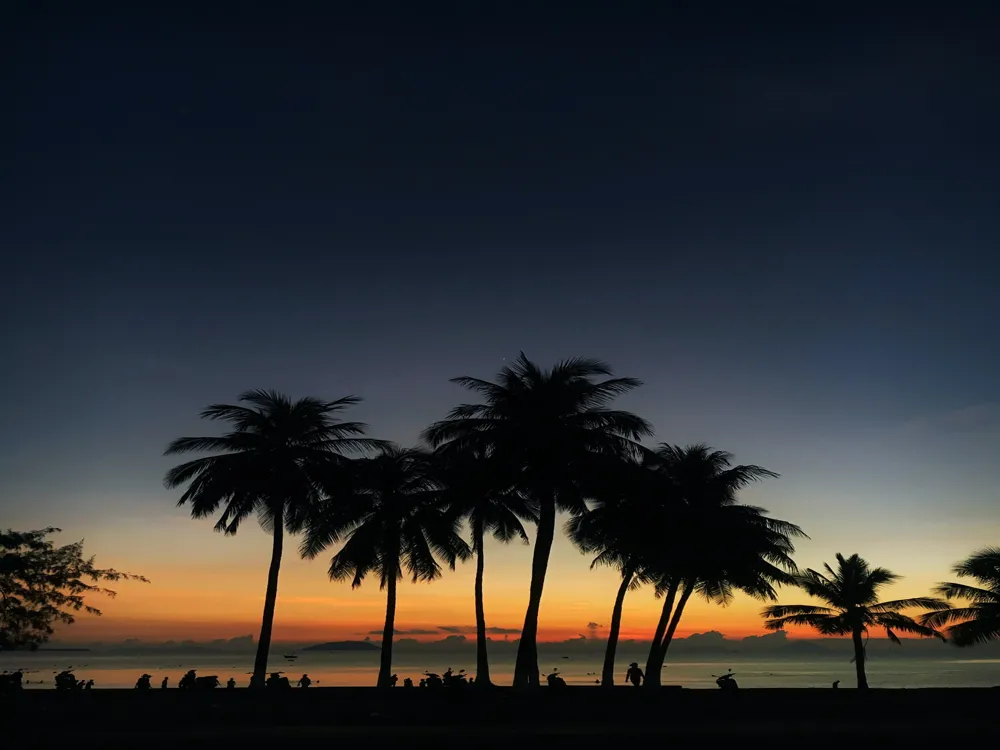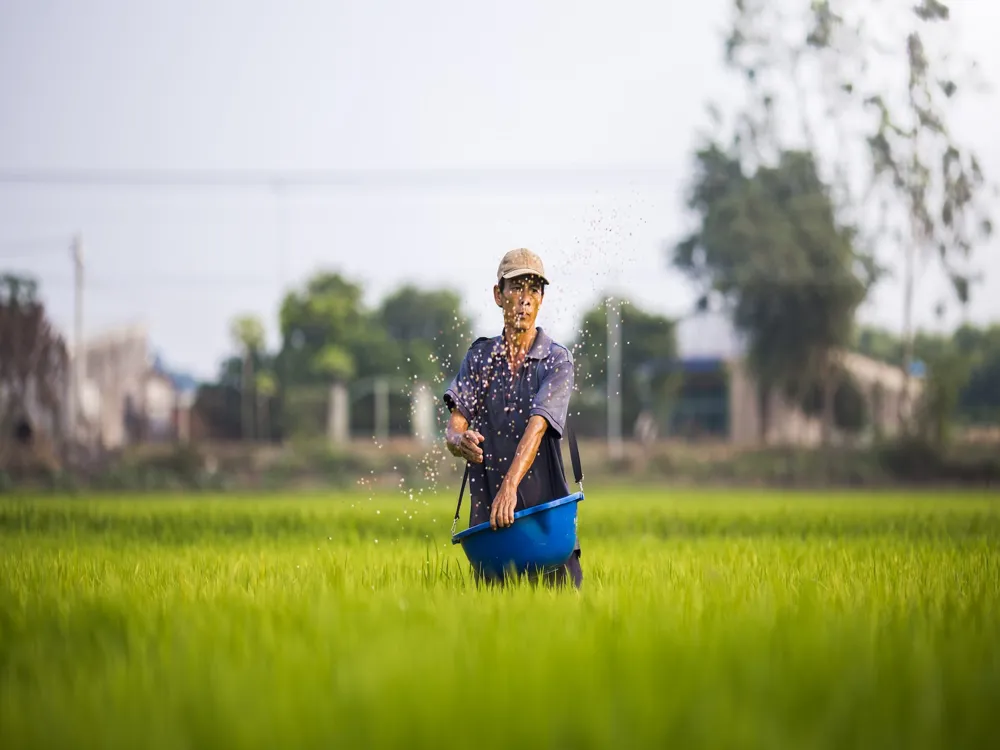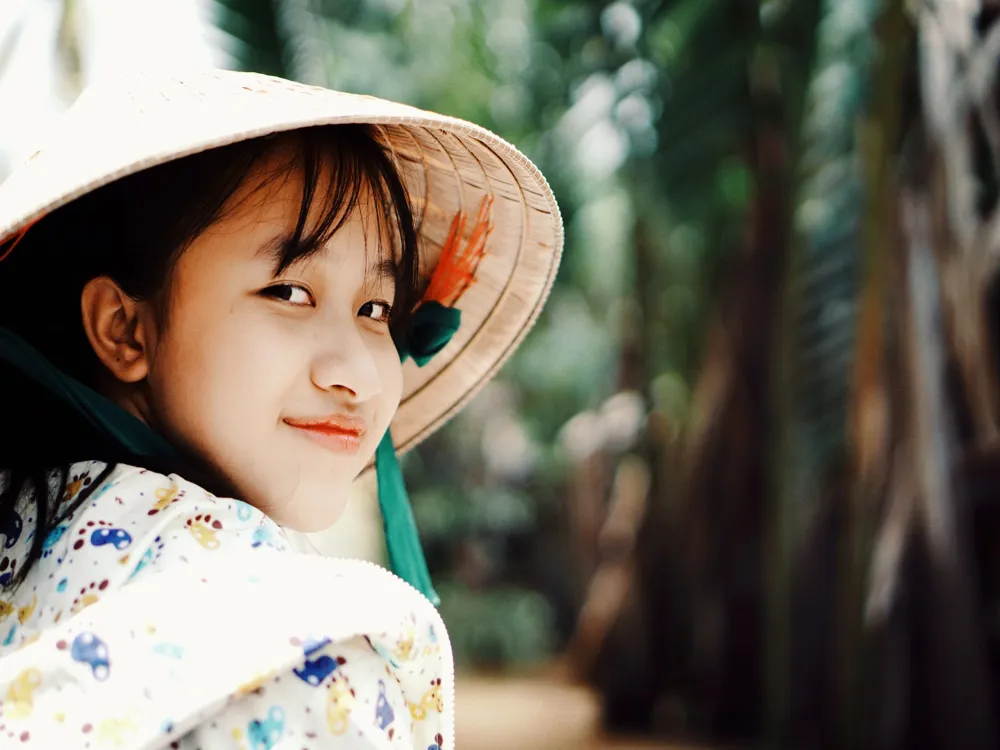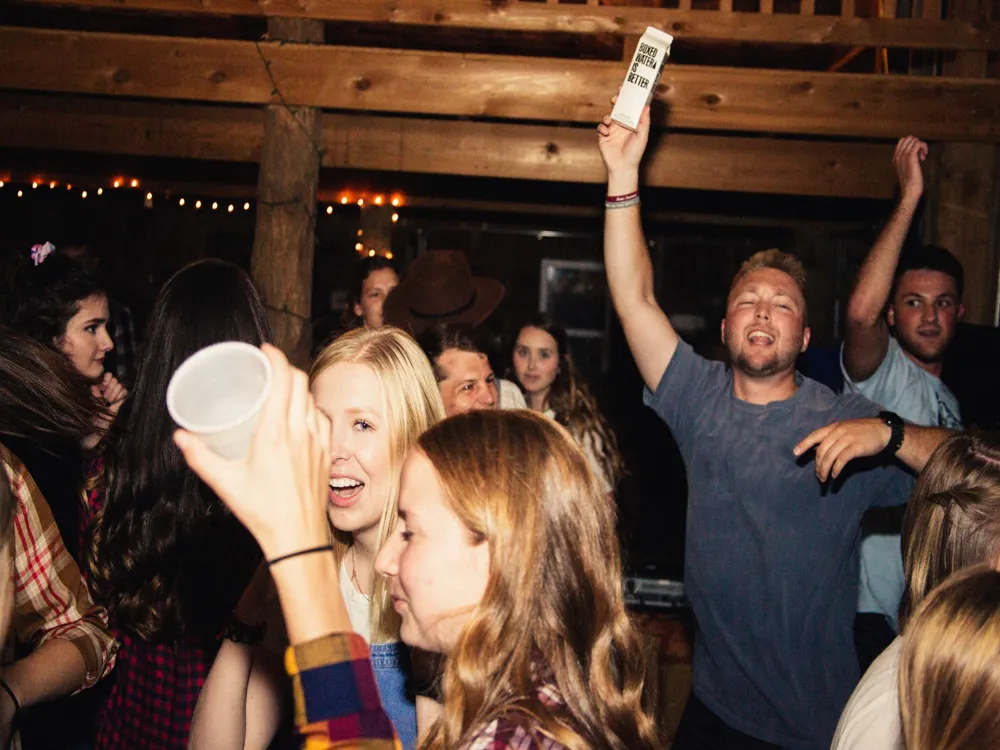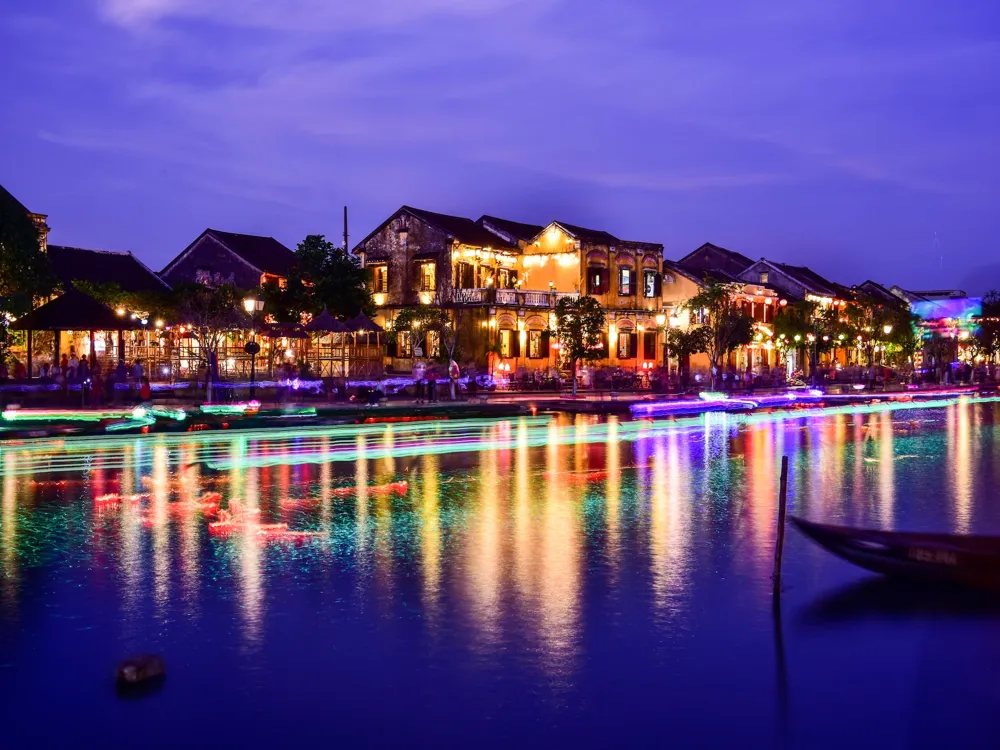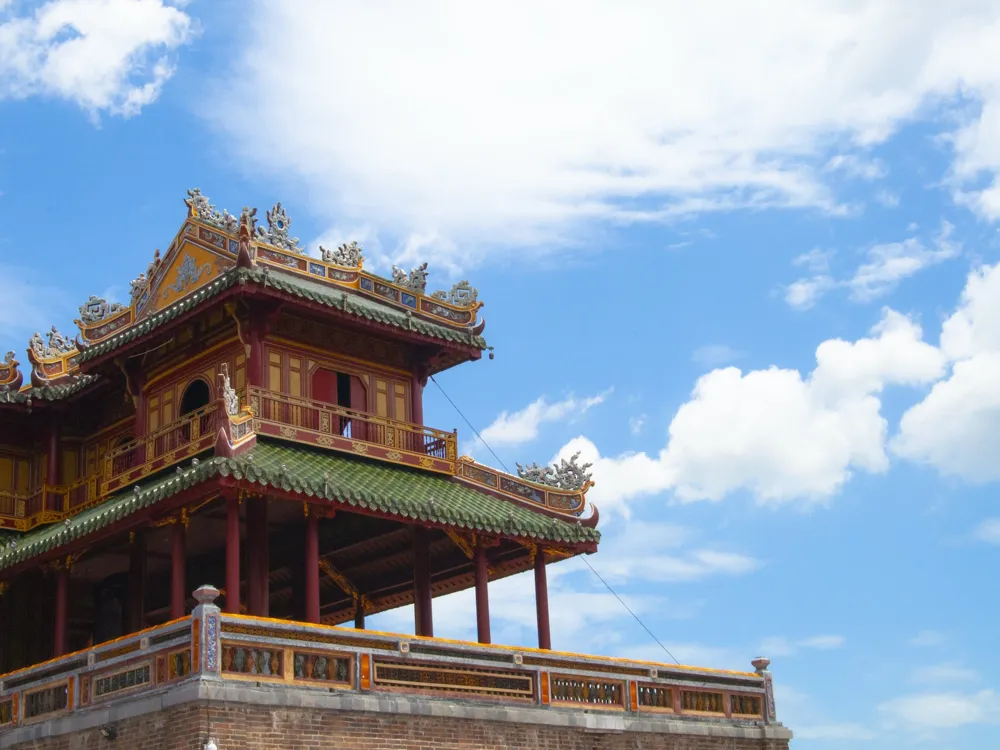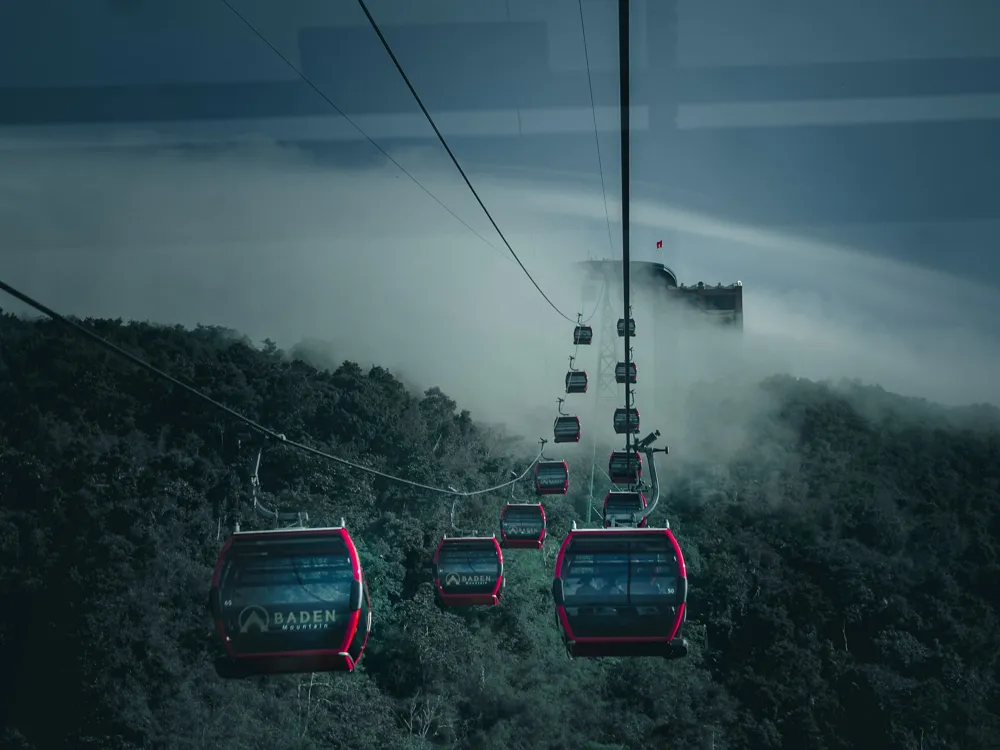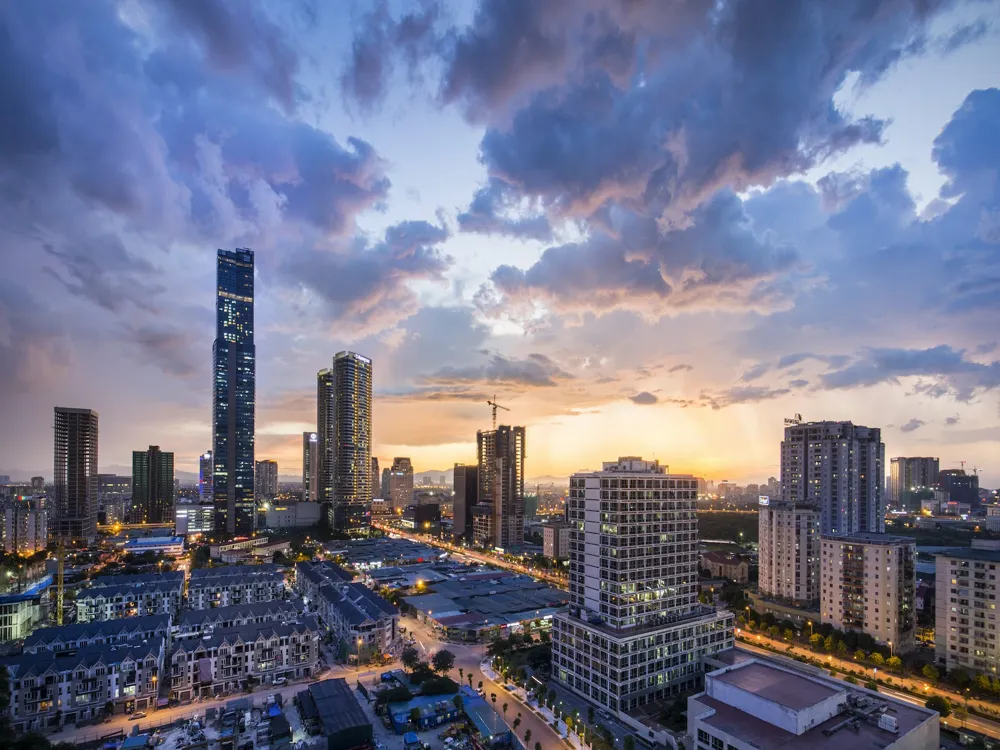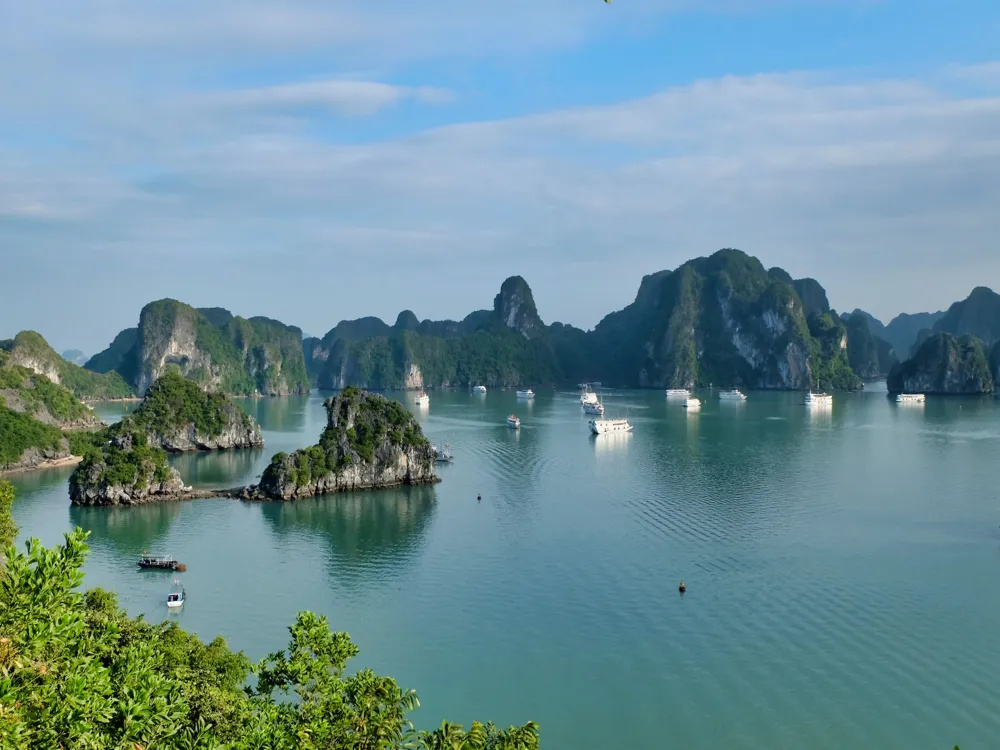Nestled in the bustling city of Ho Chi Minh City, Phung Son Pagoda stands as a beacon of tranquility and spiritual heritage. This historic pagoda, dating back to the early 19th century, is not just a place of worship but a testament to Vietnam's rich cultural and religious tapestry. As you step into the serene premises of Phung Son Pagoda, you are instantly transported away from the city's chaos into a world of peace and contemplation. The pagoda's history is as fascinating as its architecture. It was established during the reign of Emperor Gia Long, the first emperor of the Nguyen Dynasty, making it one of the oldest temples in Ho Chi Minh City. Over the years, Phung Son Pagoda has witnessed numerous renovations and expansions, yet it has retained its original charm and significance. It continues to be a pivotal site for Buddhist devotees and a symbol of the enduring spiritual beliefs that permeate Vietnamese culture. The architecture of Phung Son Pagoda is a harmonious blend of traditional Vietnamese and Chinese influences, reflecting the diverse cultural interactions that have shaped Vietnam over centuries. The pagoda's layout and design are not just aesthetically pleasing but also carry deep symbolic meanings, typical of Buddhist spiritualism. Intricate carvings, ornate statues, and the use of vibrant colors are some of the striking features that captivate visitors. Beyond its religious importance, Phung Son Pagoda is a hub of community activities. Throughout the year, the pagoda hosts various cultural and religious events that draw locals and tourists alike. These events are not just spiritual gatherings but also celebrations of Vietnamese heritage, making Phung Son Pagoda a vibrant part of Ho Chi Minh City's cultural landscape. The architecture of Phung Son Pagoda is a remarkable exhibit of artistic and religious craftsmanship. As you approach the pagoda, the first thing that strikes you is its majestic entrance gate, adorned with intricate carvings and traditional Vietnamese motifs. The gate serves as a symbolic transition from the mundane world to a sacred space, preparing visitors for the spiritual experience within. The main hall of the pagoda is an architectural masterpiece. Its roof, with multiple tiers and upturned eaves, is typical of traditional Vietnamese pagodas and is designed to represent the ascending levels of spiritual enlightenment in Buddhism. The roof is decorated with delicate ceramic tiles, featuring dragons and phoenixes, symbols of power and rebirth in Vietnamese culture. Inside, the pagoda houses an array of Buddhist statues and relics, each with its own story and significance. The centerpiece is a grand statue of the Buddha, radiating peace and serenity. Surrounding the Buddha are various other deities and historical figures, revered in Vietnamese Buddhism. The walls and ceilings are adorned with exquisite murals and paintings, depicting scenes from Buddhist lore and Vietnamese history, creating a tapestry of color and spirituality. One of the unique features of Phung Son Pagoda's architecture is its use of natural light. The pagoda is designed in such a way that sunlight filters through its windows and doors, casting a divine glow on the interiors. This interplay of light and shadow adds to the mystical atmosphere of the pagoda and enhances the spiritual experience for visitors. Another noteworthy aspect is the pagoda's garden. Lush and meticulously maintained, the garden is not just a space for relaxation but also a symbol of harmony between nature and spirituality. The garden features a variety of plants and flowers, along with small ponds and rock formations, creating a tranquil environment for meditation and reflection. Visitors to Phung Son Pagoda should dress modestly out of respect for the religious site. It's advisable to wear clothes that cover the shoulders and knees. Avoid wearing hats inside the temple and remember to remove your shoes before entering the main hall. While photography is allowed in most areas of the pagoda, it's important to be respectful and avoid taking pictures during prayer times or of worshippers without their permission. Also, look out for signs indicating areas where photography might be restricted. Visitors should be aware of cultural norms and practices. It's customary to bow slightly when entering the main hall as a sign of respect. Also, speaking in a low voice and avoiding loud noises helps maintain the serene atmosphere of the pagoda. Consider taking a guided tour for a more insightful experience. Knowledgeable guides can provide valuable information about the pagoda's history, architecture, and religious significance, enriching your visit. Making a small donation is a common practice when visiting temples in Vietnam. Donations help in the maintenance of the pagoda and are greatly appreciated. However, they are not mandatory. Phung Son Pagoda is easily accessible from different parts of Ho Chi Minh City. For those staying in the city center, the most convenient way is by taxi or ride-hailing apps like Grab. It's a quick and comfortable option, especially for first-time visitors. Alternatively, for a more local experience, you can take the city bus which is cost-effective and offers a glimpse into the daily life of the locals. For the adventurous, renting a scooter or bike is a popular option, giving you the flexibility to explore at your own pace. Regardless of your mode of transportation, visiting Phung Son Pagoda is a journey into the heart of Vietnamese culture and spirituality. Read MoreOverview of Phung Son Pagoda in Ho Chi Minh City
Architecture of Phung Son Pagoda
Tips When Visiting Phung Son Pagoda
Dress Appropriately
Photography Etiquette
Understanding Cultural Norms
Guided Tours
Donations
How To Reach Phung Son Pagoda
Phung Son Pagoda
Ho Chi Minh City
₹ 17,501 onwards
View ho-chi-minh-city Packages
Ho-chi-minh-city Travel Packages
View All Packages For Ho-chi-minh-city
Top Hotel Collections for Ho-chi-minh-city

Private Pool

Luxury Hotels

5-Star Hotels

Pet Friendly
Top Hotels Near Ho-chi-minh-city
Other Top Ranking Places In Ho-chi-minh-city
View All Places To Visit In ho-chi-minh-city
View ho-chi-minh-city Packages
Ho-chi-minh-city Travel Packages
View All Packages For Ho-chi-minh-city
Top Hotel Collections for Ho-chi-minh-city

Private Pool

Luxury Hotels

5-Star Hotels

Pet Friendly







